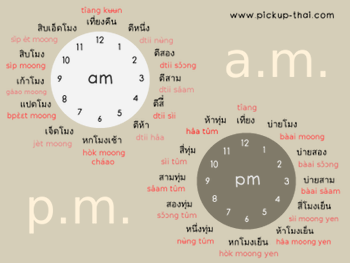When you think someone got themselves into trouble and they only have themselves to blame, you can say this to that person -> “อยากหาเรื่องเอง” [yàak hǎa reûang eeng]. The idiom “หาเรื่อง [hǎa reûang]” means “to seek trouble.”
Example:
A: ไม่น่าขึ้นบันไดเลย เมื่อไหร่จะถึงชั้นสิบเนี่ย รู้งี้ขึ้นลิฟต์ดีกว่า
[mâi nâa kêun bandai loei, mêua rài ja teǔng chán sìp nîa, rúu ngíi kêun lift dii gwàa]
I shouldn’t have taken the stairs!…













